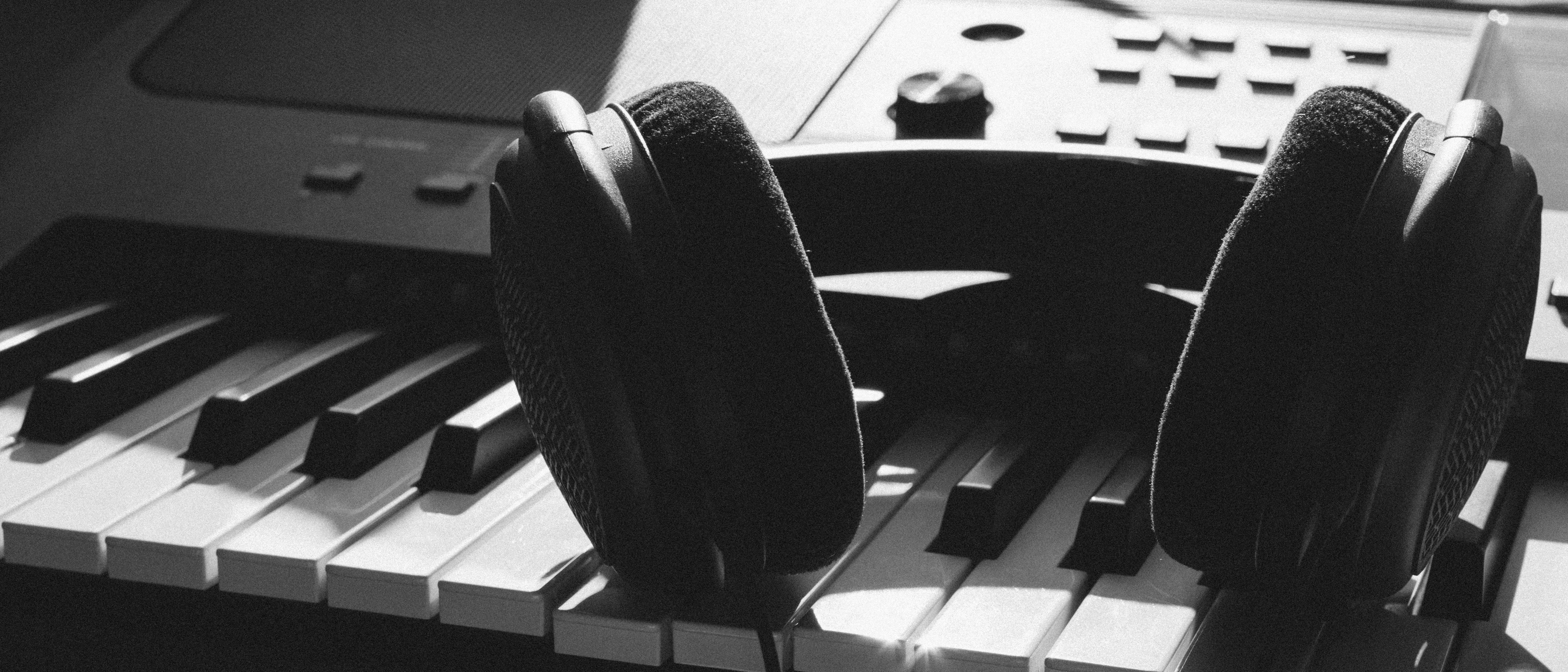BY MIKE MUTHAKA
Beethoven is exhausted. He has pouches under his eyes. He can’t wait to finish the damn song and go home, sit in the tub with a pint of vodka. He’s been playing the piano all his life. In fact he dropped out of school – at 10 years old – to study music.
Then at 26 Beethoven started to lose his hearing. His best works were composed while he was completely deaf, and it was a source of constant worry. In a letter to his friend he wrote, “I must confess that I lead a miserable life. For almost two years I have ceased to attend any social function, just because I find it impossible to say to people: I am deaf. If I had any other profession I might be able to cope with my infirmity; but in my profession it is a terrible handicap.”
It’s hard not to feel sorry for Beethoven. He was touted as one of the greatest composers. His was the music that paved way into the romantic era. He was the bedrock of symphony and a master in orchestra. He had everything going on for him, yet he was always sad and lonely.
Picture him on stage: Beethoven has a head full of grey hair and a serious glare. He leans in and out of the organ. His hands hover above the keys, trilling back and forth to play what would become the ‘Piano Sonata No. 26’.
His pulse lags and pauses. He plays for eight minutes nonstop, only pausing to wipe sweat off his brow. A cough springs from the audience. Beethoven doesn’t hear it. He continues playing, picking up from where he left off.
The ‘Piano Sonata No. 26’ is 16 minutes long.
*
I write this because I’ve been listening to classical music. Symphonies, mostly, out of curiosity. I was particularly thrilled to learn that DSTV has an entire audio channel dedicated to symphonies.
I don’t even watch TV these days. Once I get the remote I turn the living room into Beethoven’s cellar. I lie back on the couch, all ears, picking among the floating ends of song, patching together fragments of flute and piano like bits of poetry. I let Bach and Mozart and Schubert serenade me into a peaceful corner where there’s no 16 per cent VAT or lengthy class assignments.
Right now I’m listening to ‘Sonata in C Minor’, by Anna Holbing.
After a week of being posh and pretending to know what a ‘quintet’ is, though, I’m happy to report that classical music is weird and I don’t understand any of it.
At high volumes symphonies feel invasive. To the untrained ear – like mine – it’ll sound nothing much than what you get in the background of a slow Woody Allen movie. All of the songs are terribly long and dreary, like a politician’s droning, with just a string of clarinet.
My little sister tells me they were taught symphonies in high school. They were tested by listening to a recording and naming the parts. Seriously, as if naming the parts of a leaf is not enough. She talks of things like ‘adagio’ and ‘allegro’, but all that stuff is beyond me.
Maybe my tastes are not refined enough. I think you have to be queer to appreciate classical music. You have to have names like Holbing. And don’t have anything on the stove with classical music in the background, because the soft strings might put you to sleep.
A girl who listens to classical music won’t suffer fools like me. She is class. She knows the difference between a sonata and a symphony. She wears specs. She reads thick books. She goes to sleep with the smell of paper in her nostrils. She strums the guitar like she’s making love to it, gentle, with her head bent just so, and you can see the beauty spot on the side of her nose.
She likes potatoes.
*
Beethoven was born in Bonn, Germany. He was taught music by his father, Johann, a church singer and an alcoholic. Apparently Johann would stagger into the house at night and force Beethoven to sit at the piano. These ‘practice’ sessions went on for hours.
Sometimes the boy was locked in a cellar; sleep deprived, and told to play until his arms hurt. When he got the keys muddled up he was flogged a good one. The neighbors would often hear Beethoven weeping from across the fence.
(This guy just couldn’t catch a break.)
Small wonder Beethoven grew up to be shy and short-tempered. He took no wives. He sired no children. But he was in a love with a married woman called Antonie Brentano, to whom he once wrote: “To you, my immortal beloved. My heart is full of so many things to say to you. There are times when I feel that speech amounts to nothing at all. Cheer up. Remain my true, my only love, my all as I am yours.”
By the time he died – at 56 – Beethoven had composed six symphonies, four solo concerts, five string quartets, six string sonatas, four overtures, four trios, and 72 other songs.
It all seems like staggering output. And I bet if you sat down to listen to each of them you’d get up and head for the polling station because it’ll be 2022 and life will be hard and you’ll be tired of the same old faces with the same old songs of development and a chorus saying why you have to pay more taxes for them to go frolicking on a beach in Mombasa camouflaged as a bench-marking conference.
*
I’m watching his documentary, titled, ‘Jay Z, The Rise to Success’. I was rummaging around YouTube when I found it. 40 minutes worth of Jay Z insight; he talks a bit about everything, from his rough upbringing in Brooklyn to his dad’s last words to him.
The camera has stripped him bare. He looks vulnerable. Jay Z looks human.
Listen to what Jay Z says about flow: “Flow is just becoming one with the music. You find some place inside the music that you tuck in, and you don’t get in the way of the groove. You insert yourself in the song as an instrument. You’re part of the track. You’re no different from the horn or the snare of the bass or the high-hat.”
His list of achievements boggles the mind. Seven Grammy Awards. Over 50 million records sold. A clothing line. A record company. A scholarship fund. And he married Beyonce, for chrissakes. It doesn’t get any better than that, folks.
Jay Z created his record label at 26. This is how he defines excellence: “Excellence is being able to perform at a higher level for a long period of time. You last three years in hip-hop that’s fantastic. You last five years it’s, ‘wow, that’s amazing’. But if you last through a decade and beyond, that’s unheard of. In my genre of music I believe I’ve achieved excellence.”
Then the scene dips to a snippet of Jay Z’s ‘On to the Next One’:
Had her out in Bed Stuy chilling on the steps,
Drinking quarter waters I gotta be the best,
M-J at Summerjam, Obama on text,
Y’all should be afraid of what I’ll do next
I’m not a fan of Jay Z. I’ve never paid attention to his work, rather. Hip-hop isn’t my forte. And I don’t get rap music because it’s often too damn fast. Punch lines fly right past me. The only rapper I follow religiously is J Cole, who, incidentally, was the first artist to be signed under Jay-Z’s record label.
Jay Z’s childhood wasn’t like Beethoven’s. Jay was allowed to play outside with other kids. They’d run after the ice cream truck and while away the afternoons playing basketball. Sometimes they chased little girls around, squealing along on an innocent game of cat and mouse.
His father was absent and his mother taught him a lesson he still carries around today. “What you put into something is what you get out of it.”
*
I’m inspired by artists like Jay Z and Beethoven.
They both turned themselves into instruments, and their work speaks to generations. And as the deadline for this piece approaches I have to wonder what kind of instrument I am. How much tuning do I need to become excellent? How do I sound? Do I belong to the brass family or the percussion family? Am I cymbal or a trombone?
Will I find my key?
Or am I just a potato waiting to happen?
—-
Follow Mike on Instagram: mikemuthaka




J Cole is one of the few rappers who raps slow enough for us to get in the flow. If you know what I mean
I couldn’t agree more, Joy.
It’s a real Cole world 🙂